At the most recent Apple event, the company announced its new Fusion Drive, a hybrid hard drive designed to increase performance and speed by combining traditional and flash storage. It's composed of a small solid-state disk and a larger spinning hard disk drive, and files and applications are moved back and forth between the two based on how often you use them.
A chunk of memory is reserved for whatever task you're currently doing, which means that multitasking doesn't slow down your computer. Items that you use more often are kept in flash memory for quick retrieval, and as you use the system, it learns what you use and what you don't.
Sounds great, right?
Well, the price is...not so great. A new Fusion Drive adds about $250 onto the price of a Mac, which is already expensive enough to begin with. However, Mac developer Patrick Stein (aka Jollyjinx) has already figured out how to make one at home.

This is great if you have an older Mac (or don't plan on upgrading soon), or if you just want to save some money and still have a super fast hard drive. It's not exactly easy, though. You have to know a little about using diskutil, the command line version of Disk Utility, and it's probably too risky for most average users.

That said, if you want to give it a shot, you can find step-by-step instructions and all of the commands on Patrick's blog. Once you convert your HDD and SSD, the new combined drive should automatically start acting like a Fusion Drive without any additional configuration.
If anyone actually decides to try it, be sure to let us know how it goes!
Photo by Ars Technica











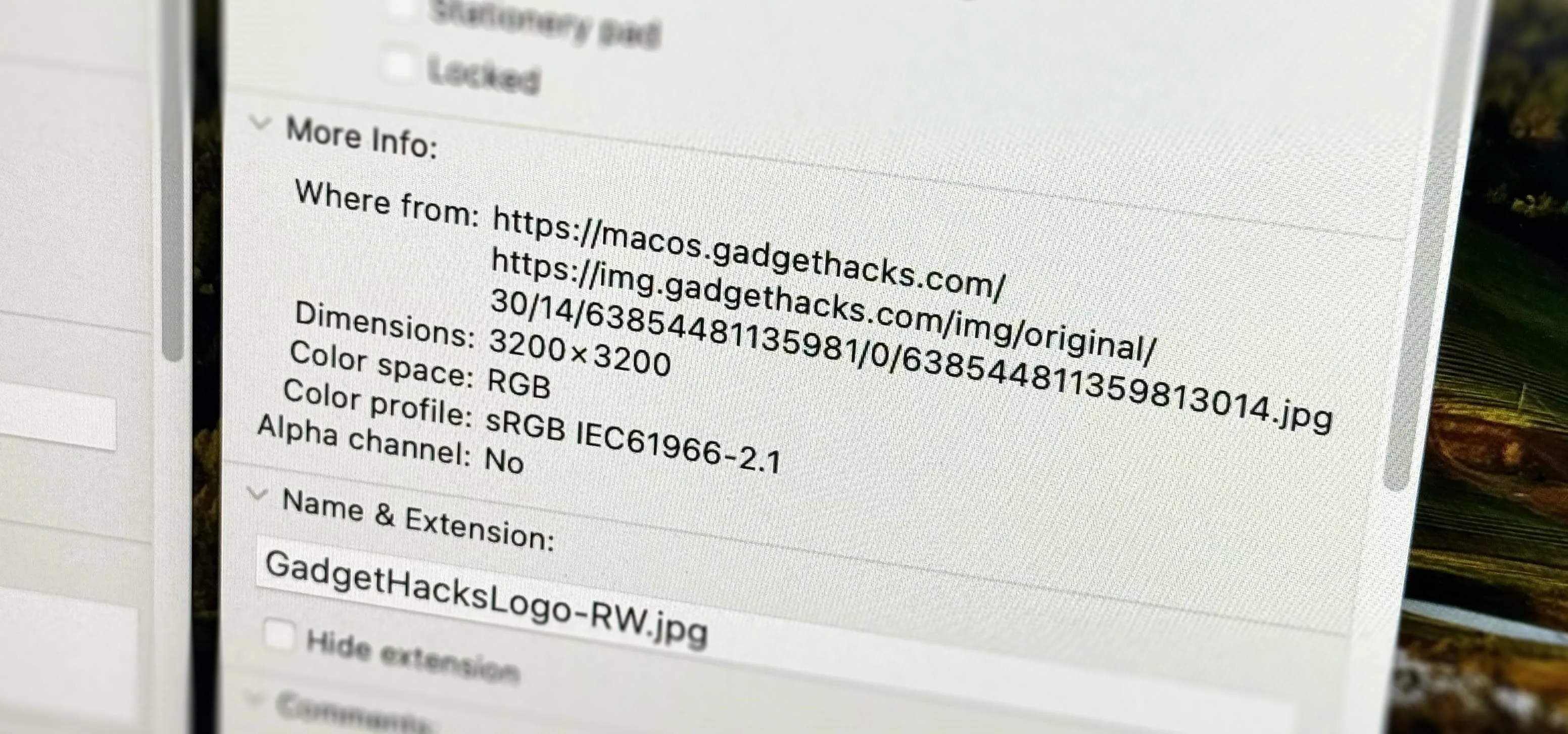
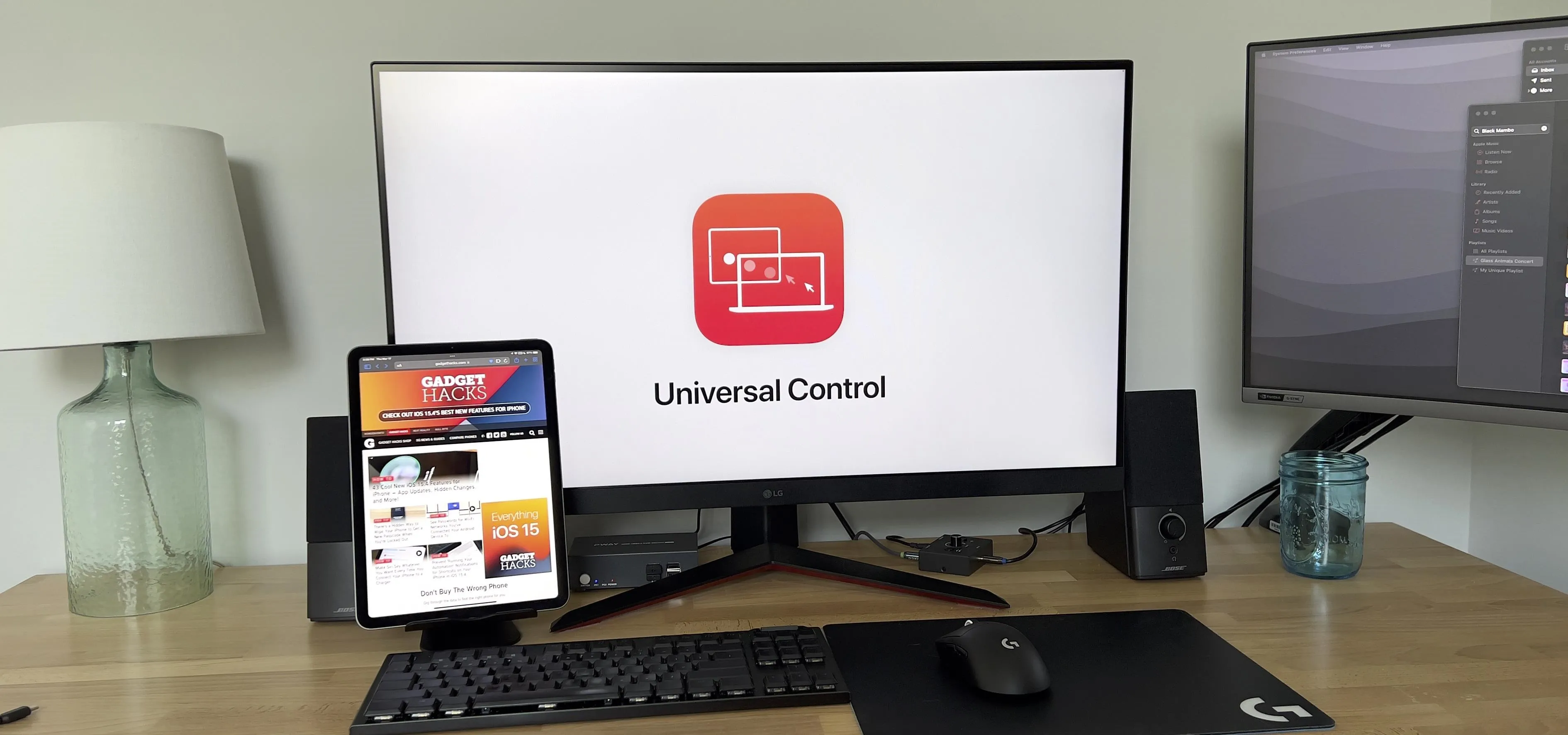
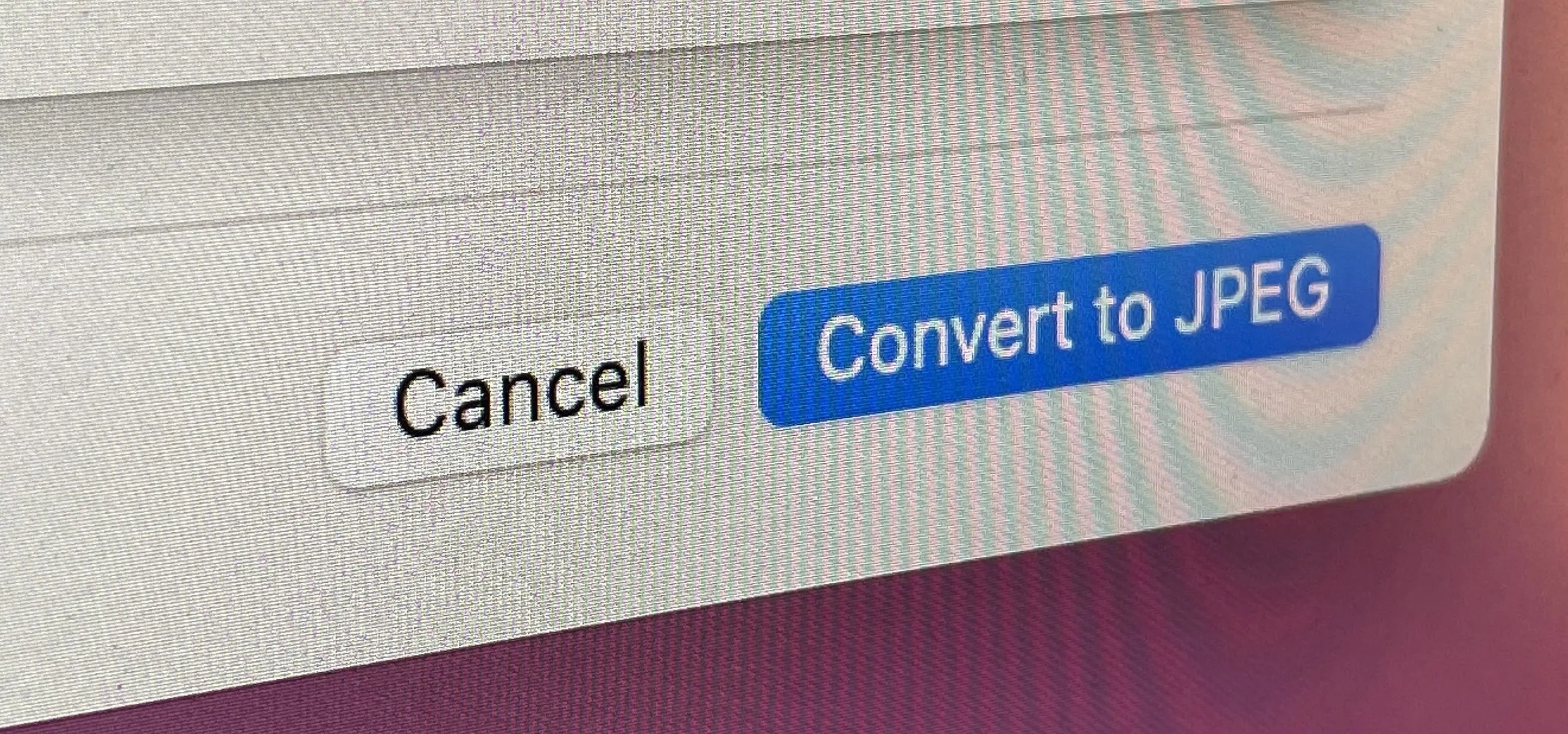
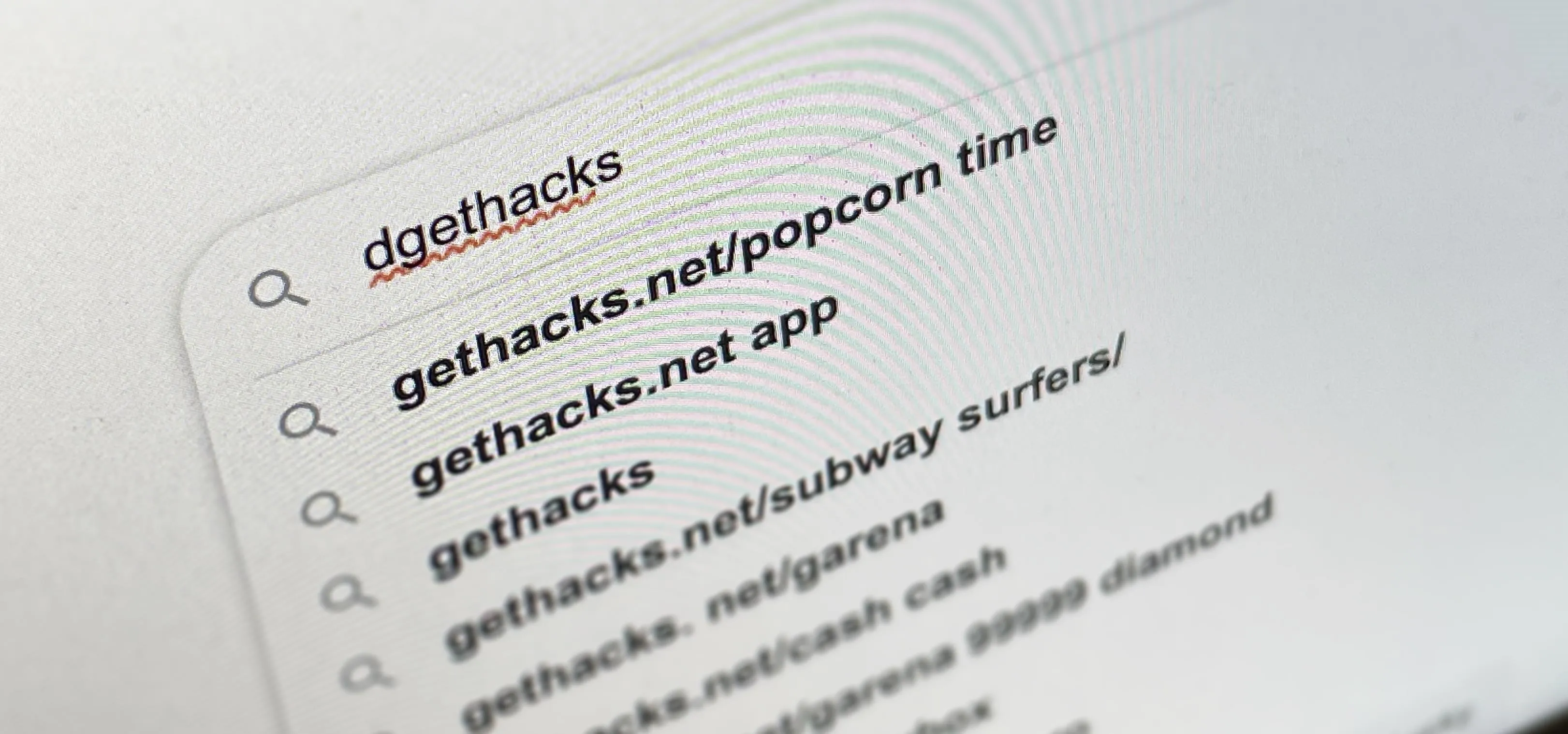
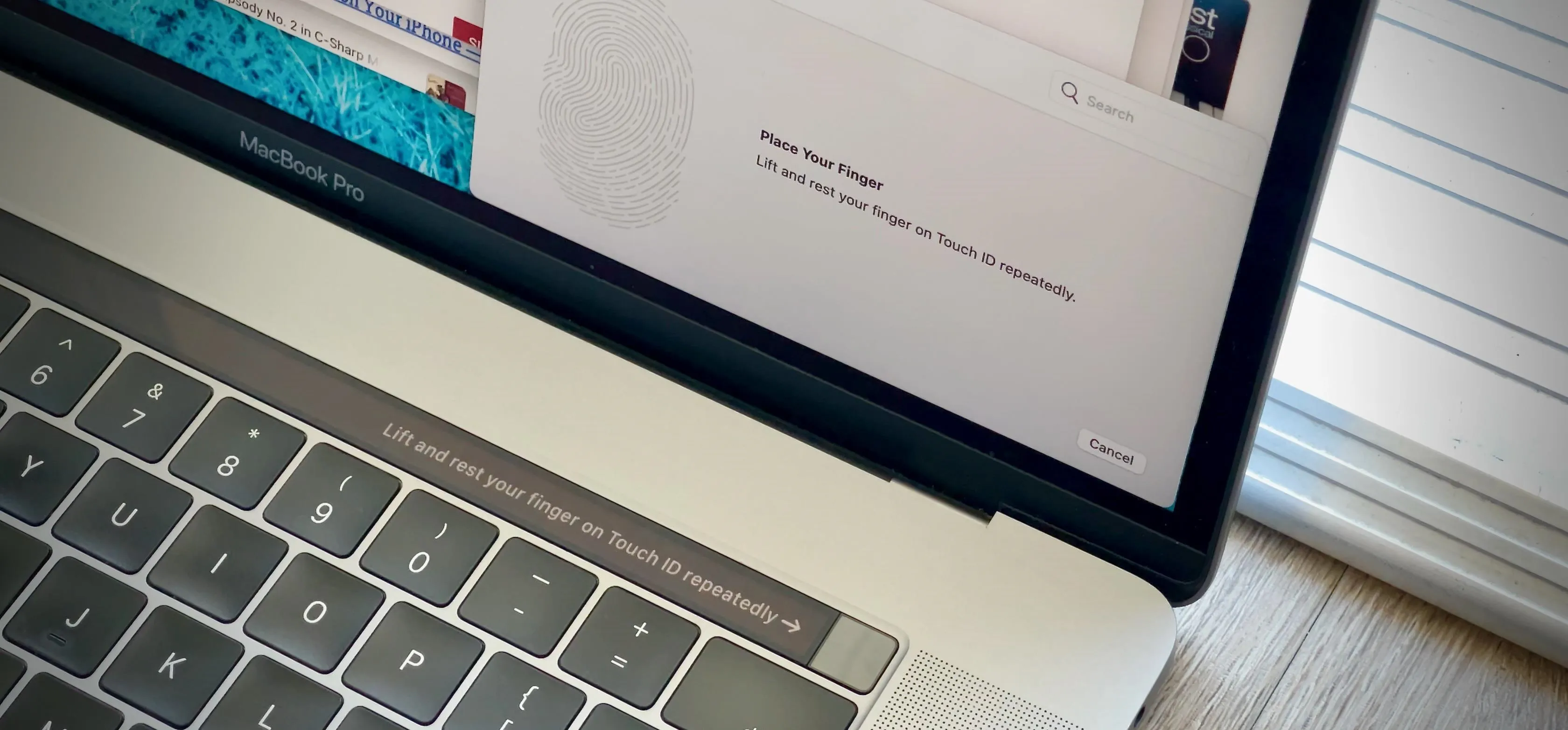
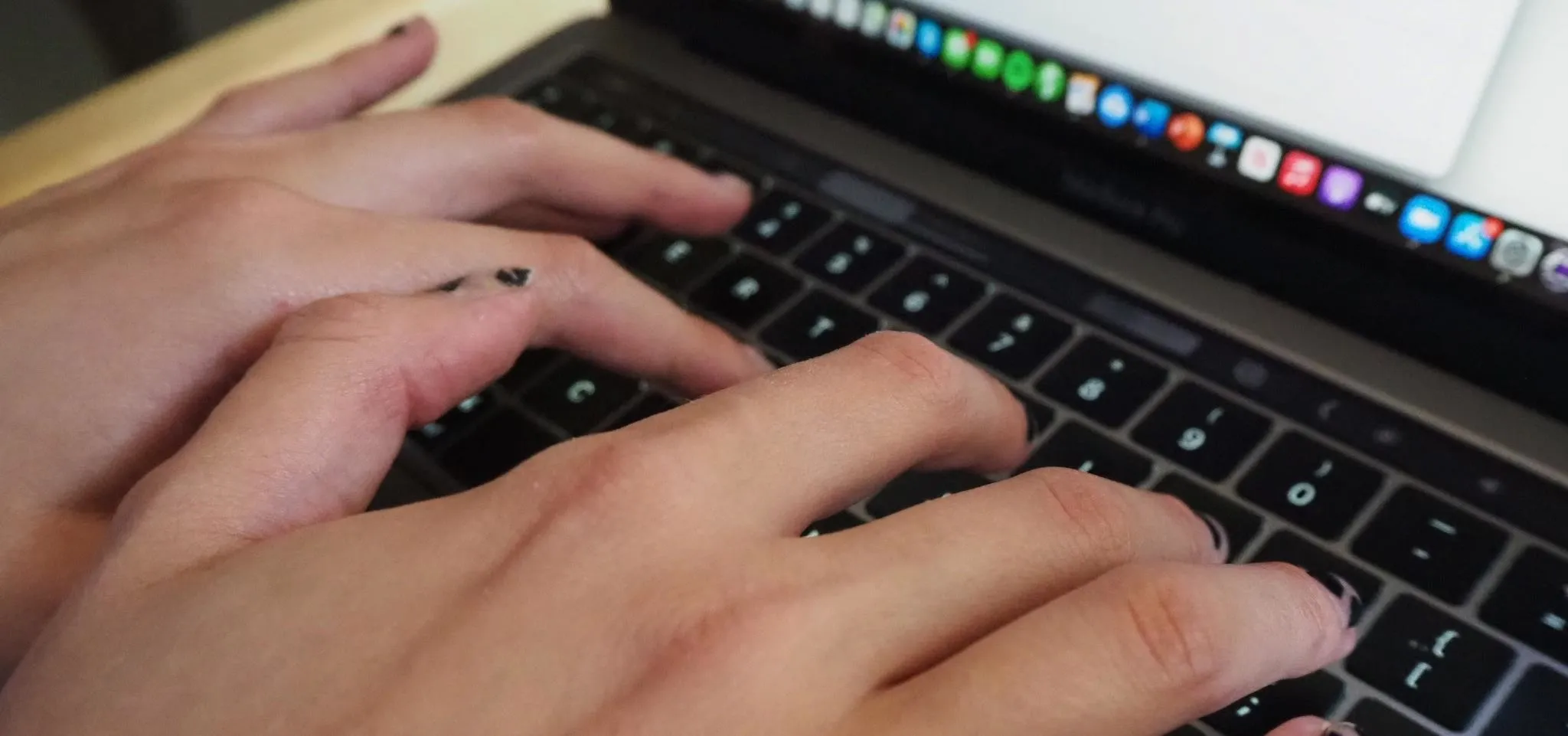
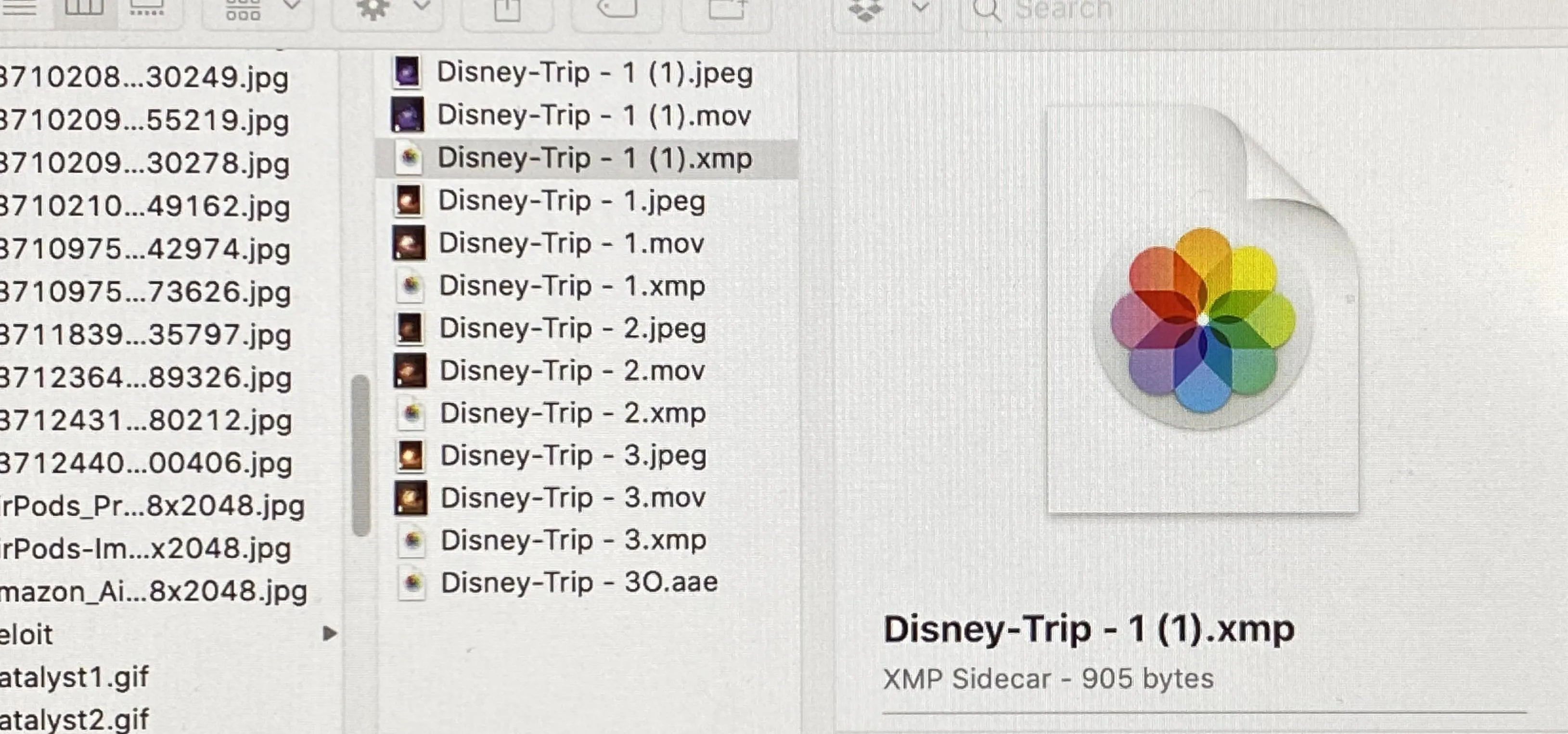
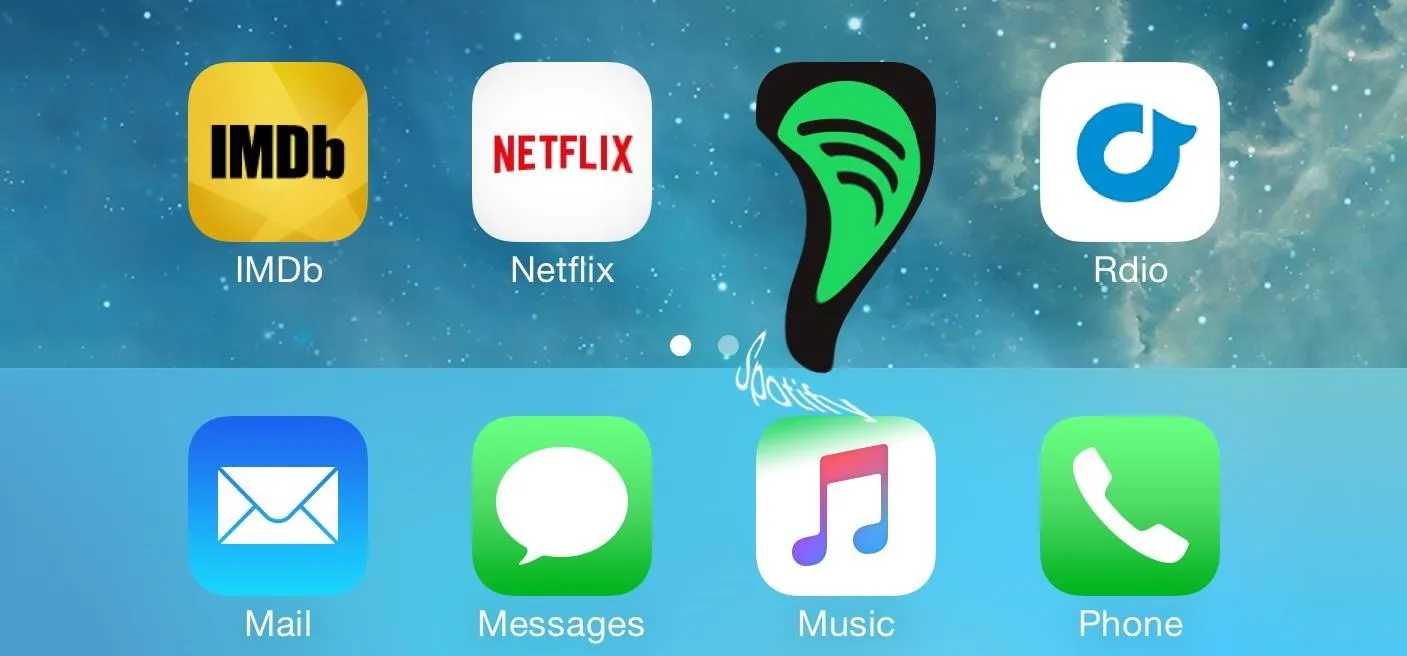


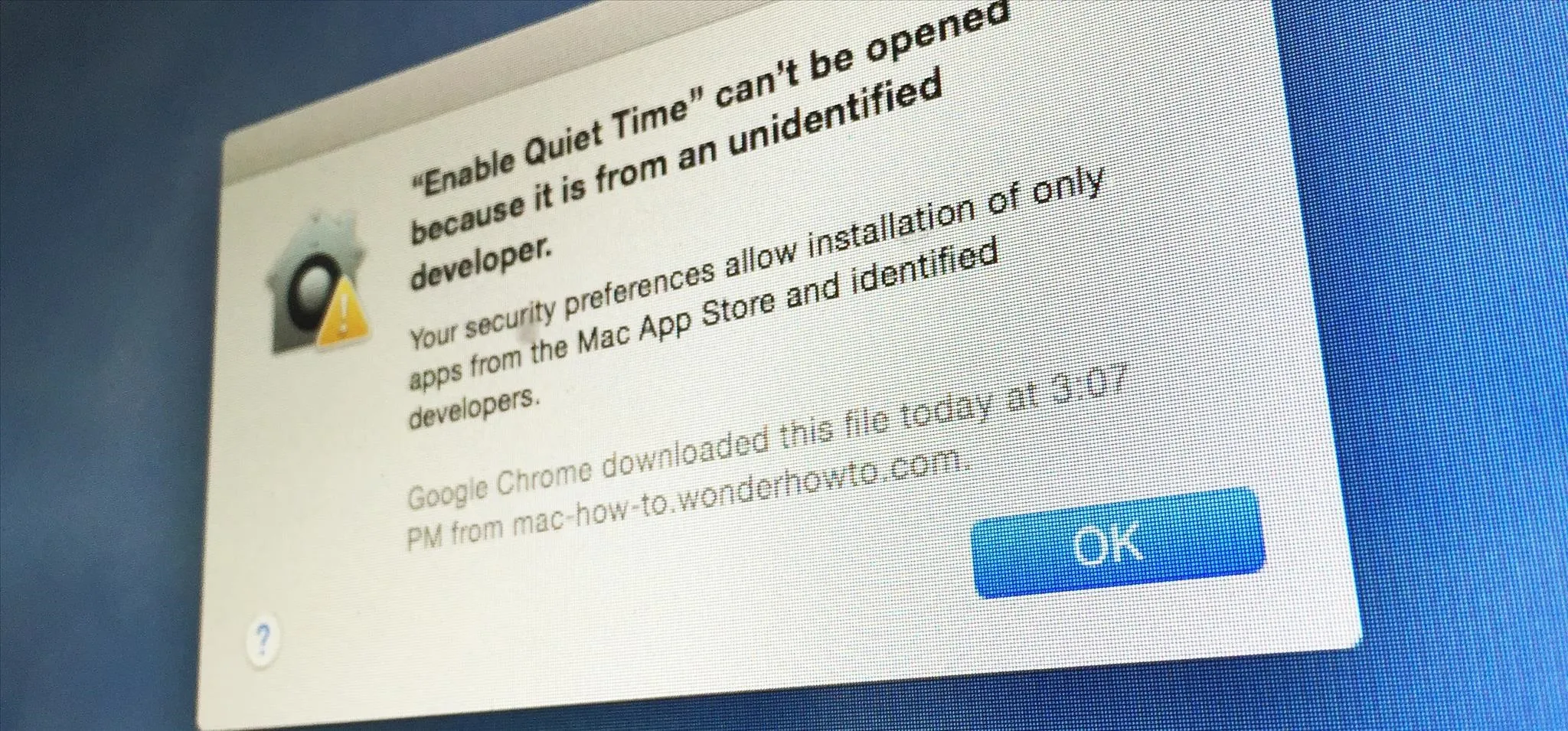
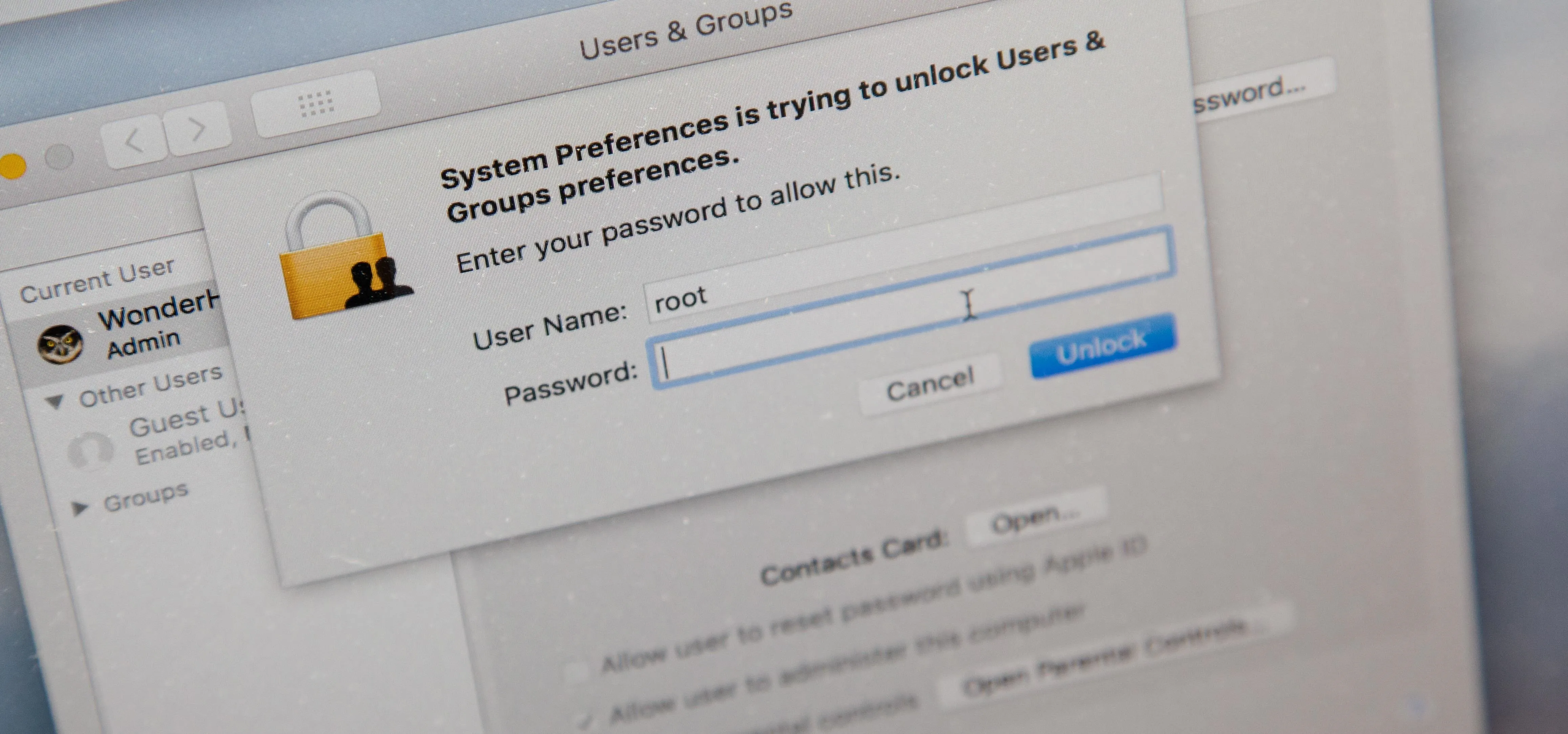
Comments
Be the first, drop a comment!